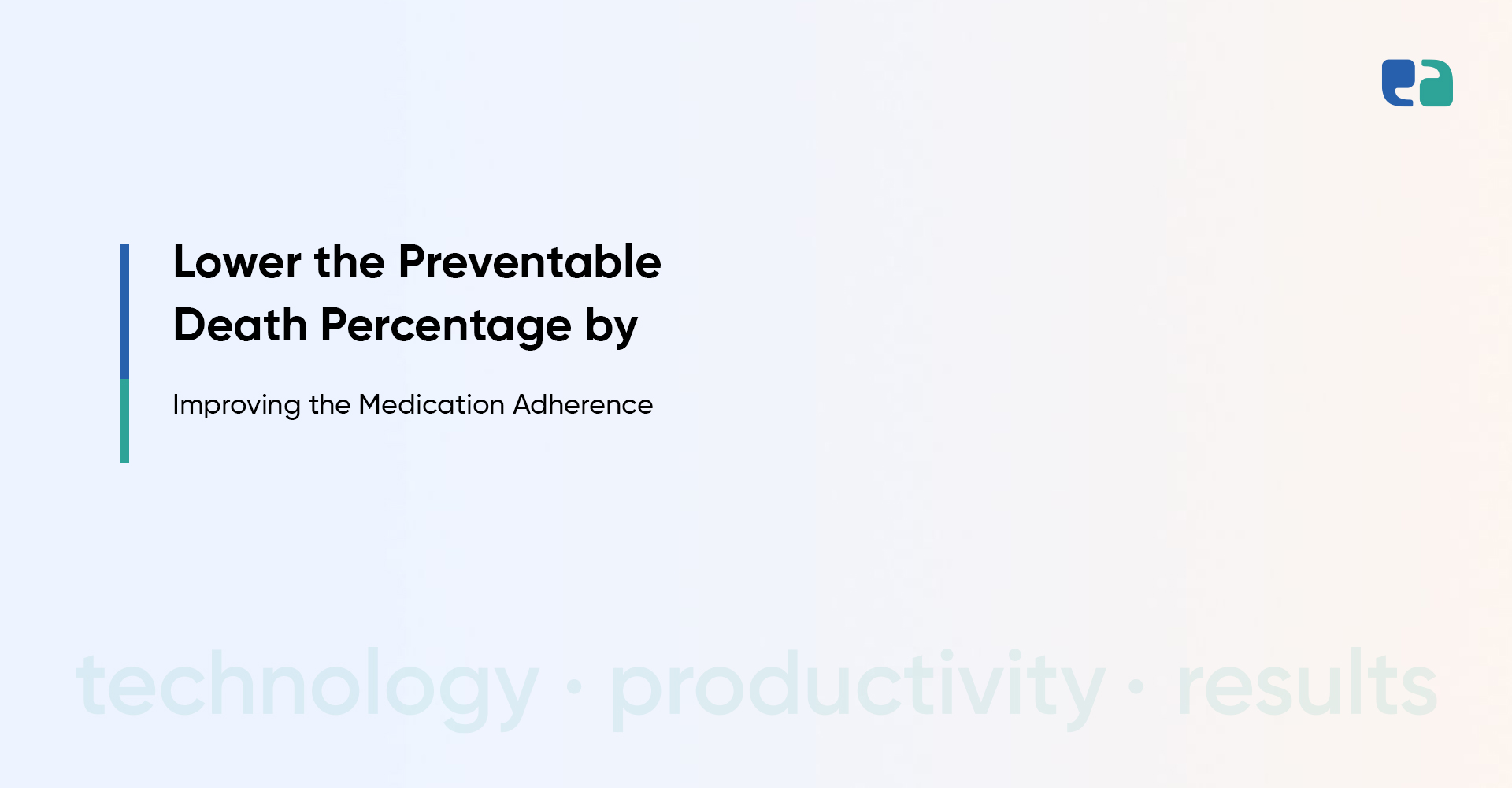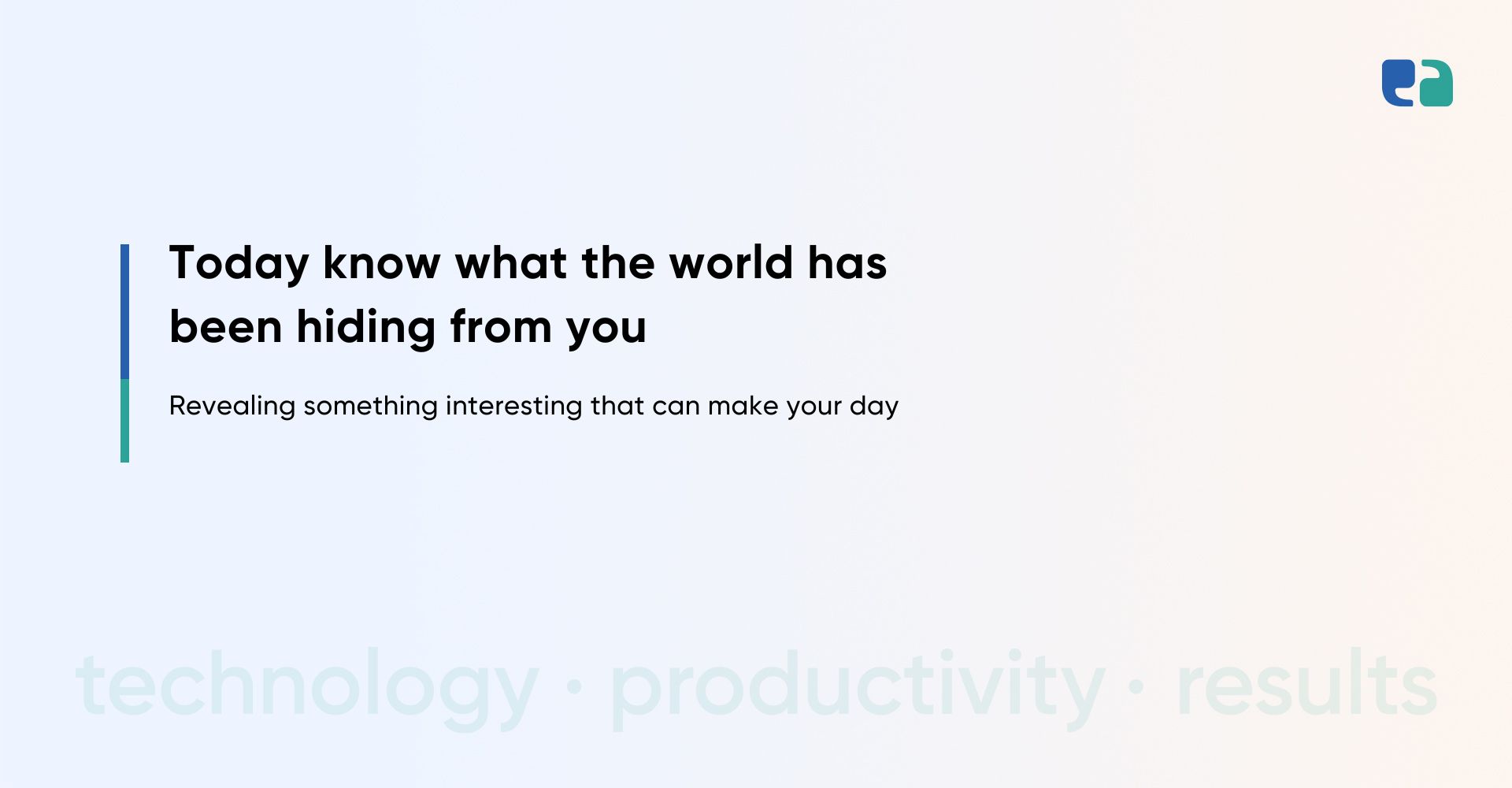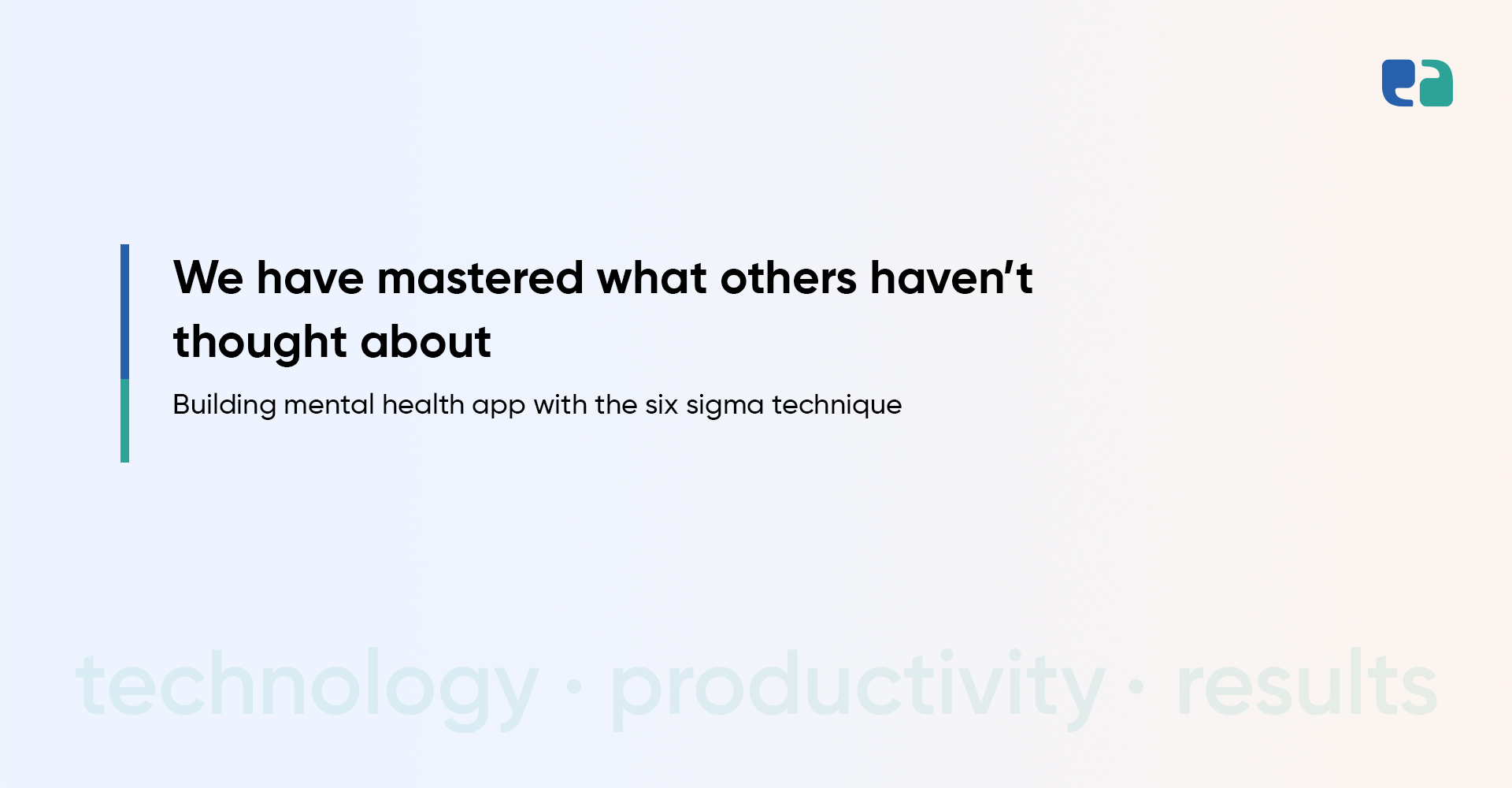Managing our health can sometimes take a backseat due to other pressing responsibilities.
For many patients, remembering to take prescribed medications on time can be a challenge, leading to serious health complications.
In fact, statistics show that a significant portion of the population struggles with medication adherence.
However, there is hope!
Medication management apps have emerged as a powerful tool to address these issues and ensure better health outcomes for patients.
Let’s explore the significance of medication reminder apps and the potential they hold in transforming healthcare for the better.
The Importance of Medication Reminder App
The Potential of Medication Reminder Apps in the Market
The statistics surrounding medication adherence are alarming, with a significant number of patients failing to follow their prescribed treatment plans.
In the United States, poor medication adherence is estimated to cause tens of thousands of preventable deaths each year.
With approximately 46% of the American population using prescription drugs monthly, the potential market for medication reminder apps is vast.
As the population ages, the demand for such apps is expected to grow, making medication reminder app development a promising startup idea.



